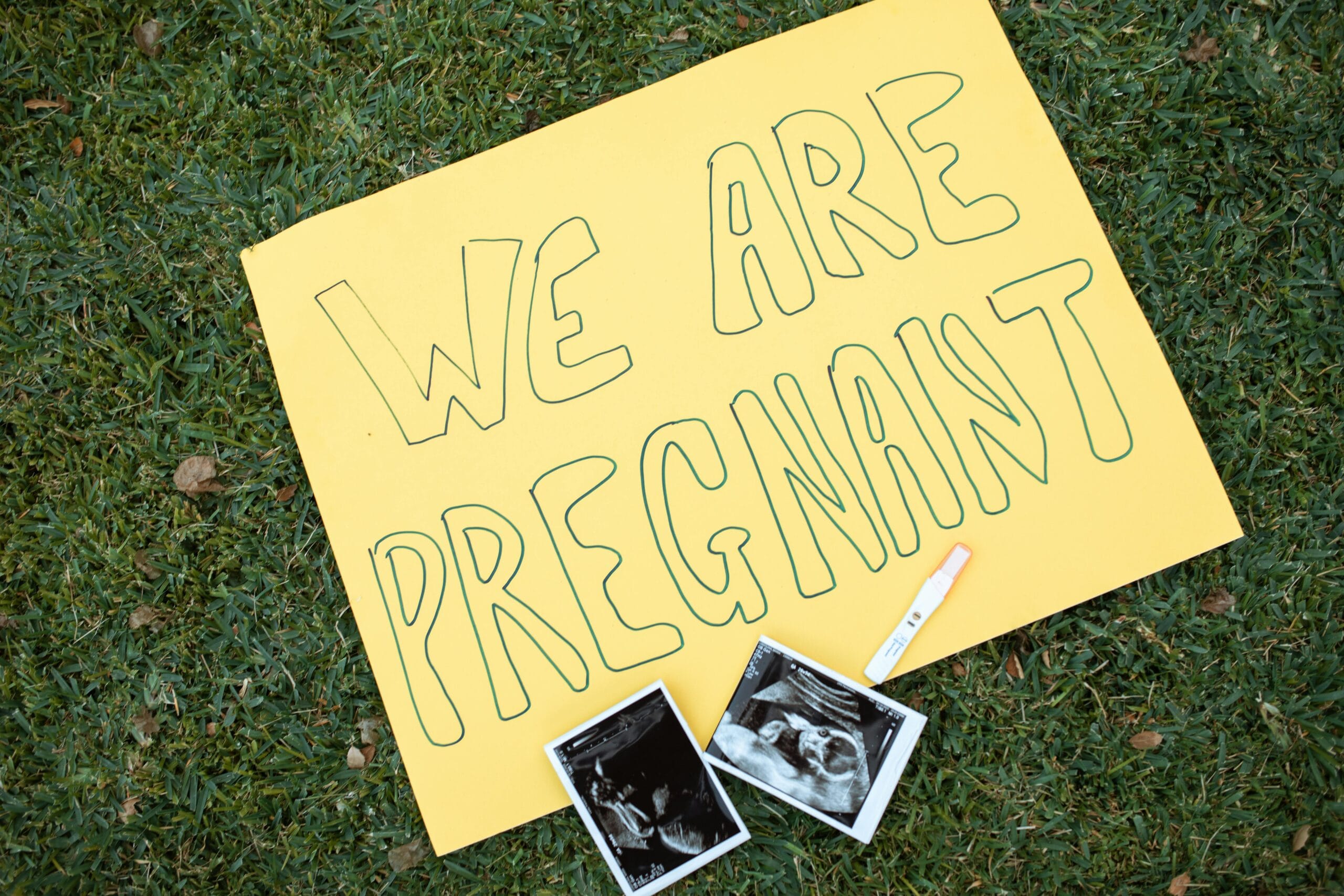The postpartum period, also known as the “fourth trimester,” marks a significant transition in a person’s life. This phase, which begins immediately after childbirth, involves emotional, physical, and psychological changes. Understanding postpartum is essential for new mothers and their families to navigate this unique journey successfully.
What is Postpartum?
Postpartum refers to the period following the birth of a child. This phase can last from six weeks to several months, depending on the individual. It’s a time of healing, bonding, and adapting to new roles and responsibilities.
Physical Recovery
After childbirth, the body undergoes significant changes as it heals. Key aspects include:
- Uterus Contraction: The uterus returns to its pre-pregnancy size.
- Hormonal Fluctuations: Hormones like estrogen and progesterone adjust, affecting mood and energy levels.
- Physical Discomforts: Issues like soreness, bleeding, and fatigue are common but manageable with proper care.
Emotional Adjustments
Many new mothers experience a rollercoaster of emotions, from joy to anxiety. Recognizing and addressing these feelings is vital:
- Baby Blues: Temporary mood swings affecting up to 80% of mothers.
- Postpartum Depression: A more severe form of emotional distress that requires professional help.
- Bonding with the Baby: Developing a strong emotional connection during this time is crucial for both mother and child.
Challenges of Postpartum
While every journey is unique, common challenges include:
1. Sleep Deprivation
Newborns require round-the-clock care, which often disrupts a parent’s sleep schedule. Strategies like sharing responsibilities and napping when the baby sleeps can help.
2. Breastfeeding
While breastfeeding is a natural process, it comes with challenges like:
- Latching difficulties
- Sore nipples
- Maintaining milk supply
Seeking guidance from lactation consultants can make a significant difference.
3. Mental Health Struggles
Coping with the demands of a newborn can lead to stress, anxiety, and feelings of overwhelm. Open communication with loved ones and seeking professional support when needed is essential.
Tips for Navigating Postpartum Life
Here are actionable steps to ease the postpartum journey:
1. Prioritize Self-Care
Taking care of oneself is crucial for recovery and well-being. Simple actions like eating nutritious meals, staying hydrated, and taking short walks can make a big difference.
2. Build a Support System
Rely on friends, family, and community resources for help with childcare, chores, and emotional support.
3. Communicate Openly
Share your feelings and experiences with your partner or trusted individuals to alleviate stress and foster understanding.
4. Seek Professional Help
If you experience prolonged sadness, anxiety, or other concerning symptoms, consult a healthcare professional.
The Role of Partners and Family
Support from loved ones is invaluable during the postpartum period. Partners and family members can:
- Help with household tasks
- Offer emotional encouragement
- Take turns caring for the baby to allow the mother to rest
When to Seek Help
Recognizing when professional assistance is needed is crucial. Reach out to a healthcare provider if you experience:
- Persistent sadness or hopelessness
- Difficulty bonding with the baby
- Extreme fatigue or insomnia
Embracing the Postpartum Journey
Postpartum is a time of growth and adaptation. While challenges are inevitable, the right resources, support, and mindset can transform this phase into a rewarding experience. Embrace the journey with patience and compassion for yourself and your family.



